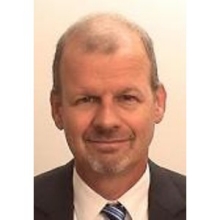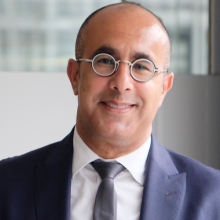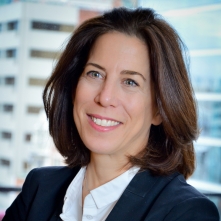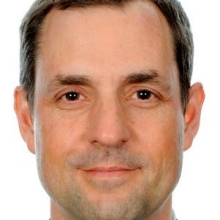
Blogs
As Turkey accommodates more students into its schools, it also strives to provide safe and inclusive learning environments.
How do you prepare megacities with population of up to 15 million people for seismic events?
The rapid expansion of school infrastructure over the last two decades has posed financial and institutional challenges for governments.
How can countries around the world help cities and communities increase resilience, safeguard lives, and protect properties? There’s one thing they must do: securing land rights for all.
As the built environment provides the first line of defense against natural hazards, we are living through a rare opportunity to lock in either resilience or risk in many fast-growing parts of the globe.
In 2015, GFDRR along with DFID launched the first Challenge Fund focused on funding disruptive technologies and approaches in the disaster risk identification field. The fund was designed and implemented in-house; the second round is currently on-going. Here’s a few things we’ve learned along the way.
In the face of adversity, various public institutions in charge of urban rail operations are leading the way to repair damaged infrastructure (“fix”), protect assets from future similar disasters (“fortify”), restore services to millions of commuters and rethink the standards for future investments. Their experience provides some valuable lessons for cities around the world.
A severe and prolonged heat wave stifled much of Central Europe this summer, buckling train tracks in Serbia and forcing at least 10 countries to issue red alerts for health concerns and water conservation. Once a rare nuisance, extreme weather events like this are becoming more commonplace throughout the region – and more dangerous.
Challenges in development are growing at unprecedented rates, driven by complex human crises: refugees, rapid and unsustainable urbanization and climate change, failure to meet basic infrastructure needs, youth unemployment and disengagement, and stubbornly poor health and education outcomes, to name a few.
Incorporating disability inclusiveness into long-term disaster and climate risk management is necessary, not only to ensure that persons with disabilities are not disproportionately impacted by natural hazards, but because disability-inclusive disaster risk management interventions have the potential to benefit all members of society.

 Johannes Zutt
Johannes Zutt
 Elif Ayhan
Elif Ayhan
 oel Reyes
oel Reyes
 Elif Ayhan
Elif Ayhan
 Artessa Saldivar-Sali
Artessa Saldivar-Sali
 Alanna Simpson
Alanna Simpson
 Sameh Wahba
Sameh Wahba
 Anna Wellenstein
Anna Wellenstein
 Francis Ghesquiere
Francis Ghesquiere
 Wael Zakout
Wael Zakout
 Ede Ijjasz-Vasquez
Ede Ijjasz-Vasquez
 Amal Ali
Amal Ali
 Emma Phillips
Emma Phillips
 Ramiro Alberto Ríos
Ramiro Alberto Ríos
 Georges Darido
Georges Darido
 Ramón Muñoz-Raskin
Ramón Muñoz-Raskin
 Daniel Pulido
Daniel Pulido
 Darko Milutin
Darko Milutin
 Alanna Simpson
Alanna Simpson
 Charlotte McClain-Nhlapo
Charlotte McClain-Nhlapo